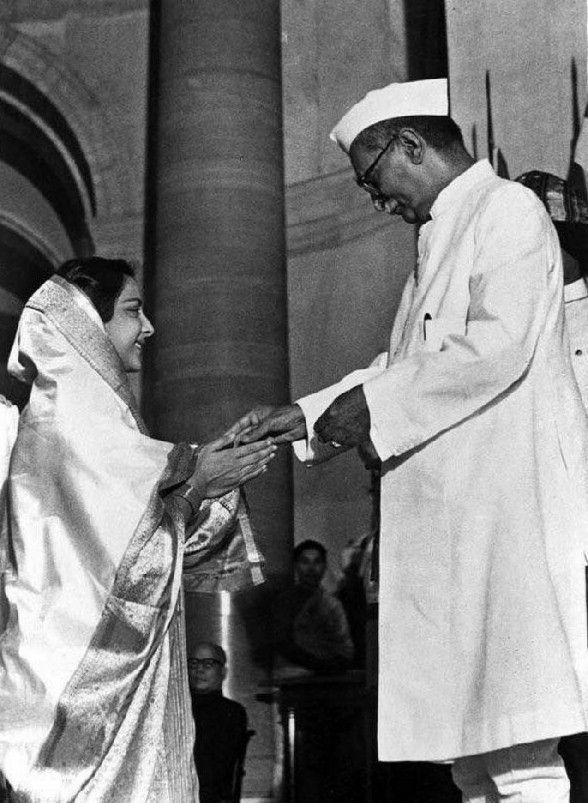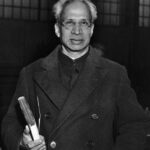Dr. Rajendra Prasad: A Visionary Leader Who Shaped India
Dr. Rajendra Prasad, the first President of India, is a name etched in the annals of Indian history as a leader of exceptional wisdom, humility, and patriotism. Born on December 3, 1884, in Zeradei, Bihar, Dr. Prasad remains a symbol of simplicity, integrity, and dedication to the nation. Let’s dive into his inspiring life story, significant contributions, and enduring impact on Indian society.
Who Was Dr. Rajendra Prasad?
Dr. Rajendra Prasad was not just the first President of India but also a prominent freedom fighter, scholar, and statesman. His life epitomized selfless service to the nation, from his early days in the Indian independence movement to his presidency during India’s formative years as a republic.
Early Life and Education
Dr. Prasad was born into a modest family but displayed exceptional intelligence and diligence from an early age. He was a brilliant student, securing a scholarship to study at Calcutta University. Later, he pursued law at the University of Calcutta and obtained a doctorate in law.
Despite his academic achievements, Dr. Prasad remained deeply rooted in his culture and values. His upbringing in a small village imbued him with empathy and a keen understanding of rural India’s struggles, which later shaped his vision for the nation.
Role in the Freedom Movement
Dr. Prasad’s political journey began when he joined the Indian National Congress, inspired by Mahatma Gandhi’s call for nonviolent resistance.
- Champaran Satyagraha (1917): Dr. Prasad played a pivotal role in Gandhi’s movement against the exploitation of indigo farmers in Bihar.
- Salt Satyagraha: He actively participated in Gandhi’s civil disobedience movement, even facing imprisonment for his actions.
- Presidency of Congress: He served as the President of the Indian National Congress multiple times, demonstrating exemplary leadership during critical moments in India’s struggle for independence.
Dr. Rajendra Prasad as President
Dr. Prasad was unanimously elected as the first President of India on January 26, 1950, when India adopted its Constitution.
- Leadership: His tenure was marked by impartiality and adherence to constitutional principles.
- Simplicity: Despite holding the highest office, Dr. Prasad remained grounded, rejecting extravagance and focusing on serving the people.
- Vision: He advocated for education, rural development, and the upliftment of the underprivileged.
Daily Life and Legacy
Dr. Prasad’s daily life was an embodiment of discipline and humility. He would rise early, engage in prayer, and dedicate his time to understanding the concerns of the common people. Even as President, he maintained a simple lifestyle, wearing traditional attire and eating modest meals.
His commitment to the welfare of the nation left an indelible mark on Indian society. Dr. Prasad’s emphasis on education and moral values continues to inspire generations.
Interesting Facts About Dr. Rajendra Prasad
- He was the first President to serve two consecutive terms in office.
- He authored several books, including his autobiography Atmakatha.
- Dr. Prasad was honored with the Bharat Ratna, India’s highest civilian award, in 1962.
- He declined to draw his full salary as President, choosing instead to live a modest life.
Significance and Observance
Dr. Rajendra Prasad’s contributions to India’s independence and his role in shaping the nation’s democratic framework make him a revered figure.
- Observed Days: His birth anniversary on December 3 is celebrated to honor his legacy, particularly in educational institutions and government programs.
- Relevance Today: His ideals of selfless service, simplicity, and commitment to justice resonate deeply in today’s fast-changing world.
FAQs About Dr. Rajendra Prasad
Q1. Why is Dr. Rajendra Prasad called the “Father of the Indian Republic”?
Dr. Prasad is called so because he was instrumental in framing and upholding India’s Constitution as its first President.
Q2. What were Dr. Rajendra Prasad’s contributions to education?
He championed the cause of universal education and was a firm believer in education’s power to transform lives.
Q3. What is the most notable book written by Dr. Rajendra Prasad?
His autobiography, Atmakatha, is considered a classic and offers profound insights into his life and philosophy.
Why Is Dr. Rajendra Prasad Important to Society?
Dr. Prasad’s life teaches us the values of humility, perseverance, and dedication to public service. He showed that true leadership lies in serving the people with honesty and compassion.
Dr. Rajendra Prasad’s legacy reminds us of the power of dedication and selflessness. He remains an enduring figure whose values continue to guide us in building a better and more inclusive society.










